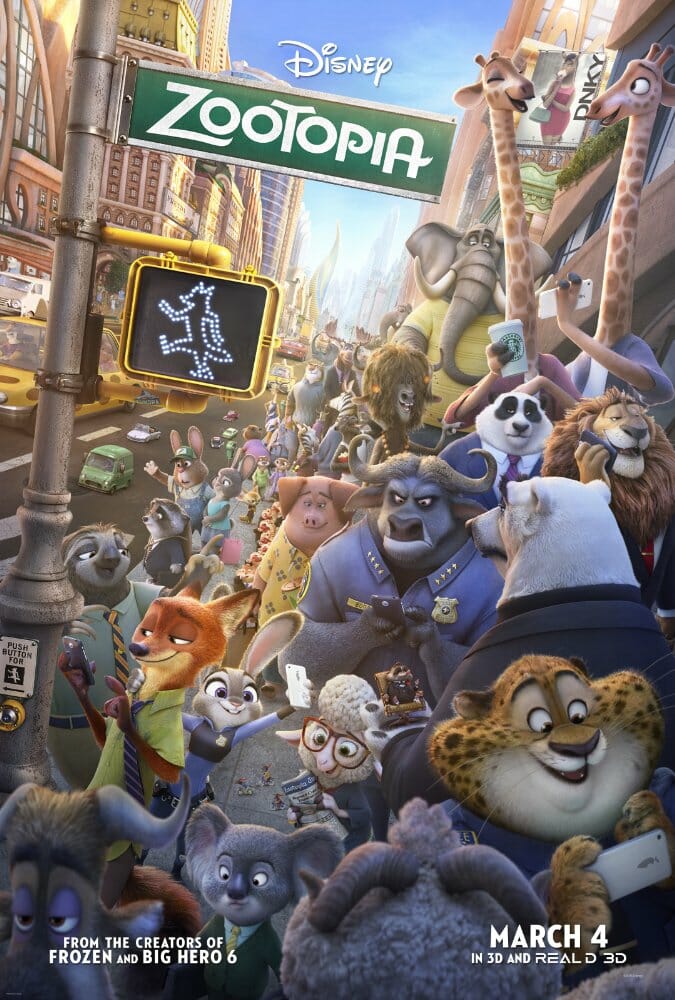Of the major U.S. film studios, Walt Disney Studios may be the most recognizable, with a well-defined brand identity that has spread across the globe. Since the first Disney feature film in 1937 (Snow White), family entertainment has been a primary focus for the company that continues to this day. The company’s distribution imprints include Walt Disney Animation Studios, Pixar Animation Studios, Studio Ghibli for which Disney holds U.S. and international distribution rights, Walt Disney Pictures, Disneynature, Lucasfilm, Marvel Studios, and Touchstone Pictures.
Walt Disney Studios has the weakest historical record when it comes to LGBTQ-inclusive films of all the major studios tracked in this report. Touchstone Pictures, however, has released a small handful of LGBTQ-inclusive films, including Kinky Boots (2006), Ed Wood (1994), Sweet Home Alabama (2002) and Under the Tuscan Sun (2003). In 1985, Lucasfilm produced the film Mishima: A Life in Four Chapters, which wove together passages from gay Japanese writer Yukio Mishima’s autobiography with parts of his fictional novels, including his secret love for a peer at school. The film was never officially released in Japan following conservative protests over its portrayal of Mishima as a gay man. It was distributed in the U.S. by Warner Brothers.
FINDING DORY
Widest theatrical release: 4,305 theaters
This follow up to the 2003 hit Finding Nemo made headlines after the film’s first trailer dropped, and viewers read into the edited clip that there was a lesbian couple in the film. Given that there were no real hints onscreen that the two were a couple and the director’s refusal to confirm or deny, GLAAD did not count these characters in its final tally.
ZOOTOPIA
Widest theatrical release: 3,959 theaters
The Oscar-winning animated film Zootopia actually featured a married gay couple, but the two were so minor that nearly every viewer missed the relationship completely. The couple, Bucky and Pronk Oryx-Antlerson, are the loudly argumentative neighbors of main character, Judy Hopps. The only hint on-screen to the couple’s relationship is their hyphenated name listed in the film’s credits, but co-director/writer Jared Bush confirmed the relationship on his official Twitter account. While confirmed inclusion is a step forward for children’s films, we would like to see these characters be more forthrightly defined within the film itself going forward.













